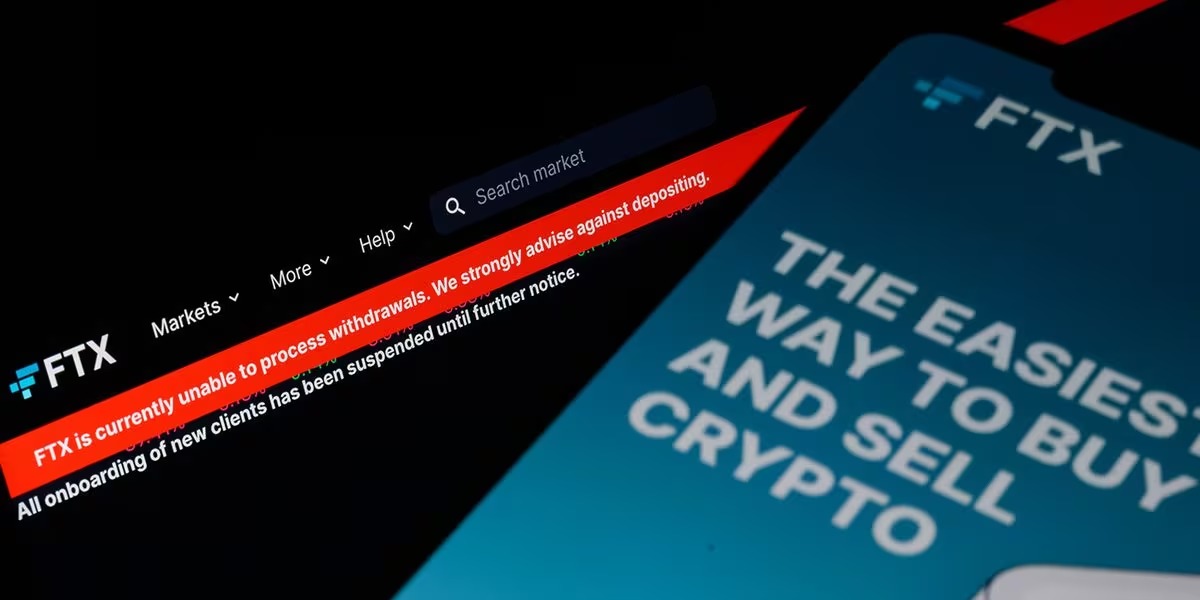
The saga of FTX, the collapsed crypto exchange that sent shockwaves through the industry, might have a new chapter. US authorities have charged three individuals with orchestrating a SIM swap attack that allegedly resulted in the theft of $400 million from the platform just before its bankruptcy in November 2022. This development offers a potential explanation for one of the most significant and perplexing mysteries surrounding FTX’s downfall.
The indictment, unsealed in a Washington D.C. court, accuses Robert Powell, Carter Rohn, and Emily Hernandez of running a years-long SIM swap operation targeting over 50 victims between March 2021 and April 2023. SIM swapping involves fraudulently transferring a phone number to a new SIM card controlled by the attacker, allowing them to intercept calls, texts, and two-factor authentication codes.
Prosecutors allege that the trio used this technique to gain access to victims’ online accounts, including cryptocurrency exchanges. Their most audacious heist, according to the indictment, occurred on November 11th, 2022, when they allegedly siphoned off a staggering $400 million from an unnamed “Victim Company-1.” While the indictment doesn’t explicitly name FTX, Bloomberg, citing sources familiar with the investigation, confirmed that “Victim Company-1” refers to the now-defunct exchange.
The timing of the alleged theft raises eyebrows, occurring just as FTX was reeling from liquidity issues and facing insolvency. The indictment suggests the attackers may have capitalized on the chaos surrounding the exchange, exploiting weaknesses in its security protocols or targeting an employee with compromised credentials.
This development adds another layer to the complex story of FTX’s demise. While the exchange’s founder, Sam Bankman-Fried, faces separate fraud charges related to its collapse, the SIM swap attack sheds light on a potential external factor contributing to the financial losses.
The charges against Powell, Rohn, and Hernandez highlight the evolving nature of financial crime in the digital age. SIM swapping attacks are becoming increasingly sophisticated, posing a significant threat to individuals and institutions alike. This case serves as a stark reminder of the importance of robust security measures, particularly for organizations handling sensitive financial data.
However, several questions remain unanswered. Did the alleged attackers act independently, or were they somehow connected to other actors involved in FTX’s troubles? Was the $400 million recovered, and if so, by whom? As the case unfolds, further details may emerge, painting a clearer picture of this audacious crypto heist and its potential impact on the wider industry.
One thing is certain: the shadow of the FTX collapse continues to loom large, and this latest development ensures the story will remain captivating – and cautionary – for some time to come.
